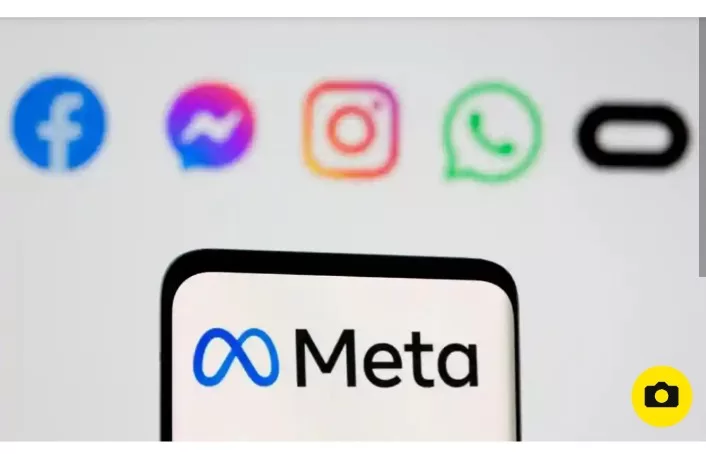In a discreet policy shift in 2022, Meta, the parent company of Facebook and Instagram, has quietly allowed political advertising asserting the 2020 election was rigged. The previous restriction, barring Republican candidates from running such ads during the 2022 US midterm primary elections, has been lifted, according to sources cited by the Wall Street Journal.
While Meta now permits political advertisers to claim past elections were “rigged” or “stolen,” it still prohibits them from questioning the legitimacy of ongoing or future elections. The decision aligns with recent adjustments by other social media platforms in anticipation of the fiercely contested 2024 presidential election.
Earlier this year, X, formerly known as Twitter, announced a reversal of its ban on political ads, originally imposed in 2019. Similarly, YouTube modified its stance in June, allowing content falsely claiming fraud in the 2020 or previous US presidential elections. The change aimed to safeguard the open debate of political ideas, even those based on disproven assumptions.
Meta considered free-speech considerations, with Nick Clegg, President of Global Affairs, asserting the company should not decide the legitimacy of elections. The Wall Street Journal reported that former President Donald Trump ran a Facebook ad in August, exploiting the new rules to falsely claim victory in 2016 and allege a rigged 2020 election.
Critics, including the Tech Oversight Project, expressed concerns over Meta’s decision. Kyle Morse, Deputy Executive Director, stated, “This announcement is a horrible preview of what we can expect in 2024.”
Combined with recent efforts by Meta to reduce organic sharing of political content on Facebook, the prominence of campaign ads questioning election integrity may significantly rise in 2024. The move comes amid Meta’s layoffs of approximately 21,000 employees over the past year, including many working on election policy.
Facebook faced accusations of influencing the 2016 US presidential election by allowing the spread of misinformation. The platform grappled with fake news and misinformation, with critics claiming it played a role in Donald Trump’s victory over Hillary Clinton.
As Meta adjusts its policies, the landscape of political advertising on social media is likely to remain a focal point in the lead-up to the 2024 elections.




